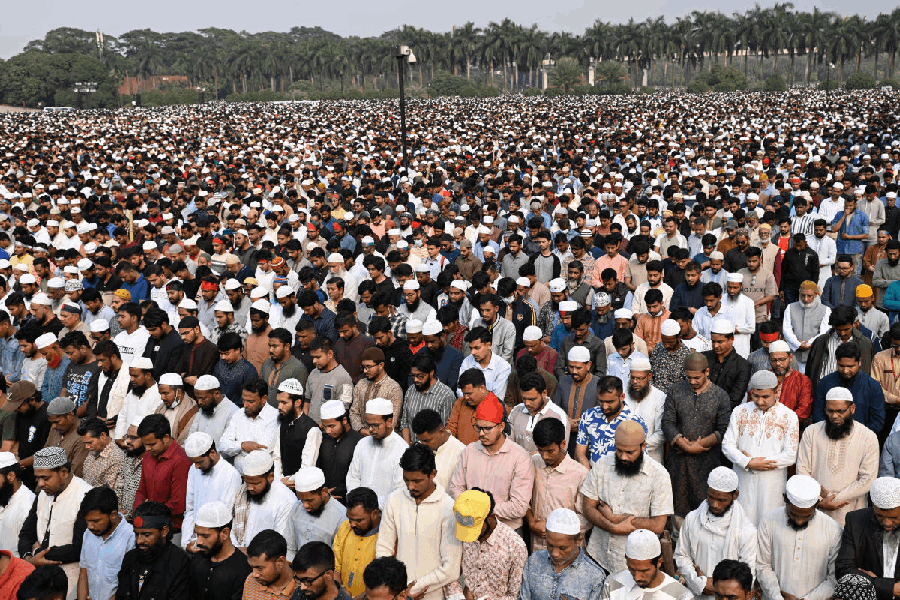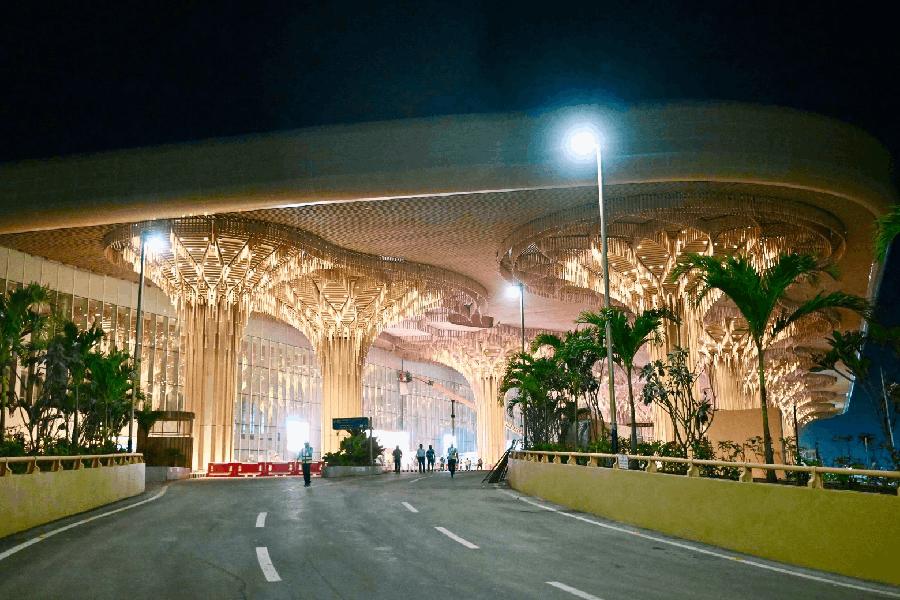 Sunday, 21 December 2025
Sunday, 21 December 2025
 Sunday, 21 December 2025
Sunday, 21 December 2025
Jagdeep Dhankhar’s resignation as India’s 14th Vice-President on Monday has brought the spotlight back on his tenure, often marred by confrontations with the Opposition and accusations of constitutional overreach.
Here’s a look at five major flashpoints that defined the former lawyer and BJP politician from Rajasthan’s stormy stint since taking office on August 11, 2022 as the ex-officio Chairman of the Rajya Sabha.
Clashes with Opposition benches
In December 2023, during a session disrupted by protests over ethnic violence in Manipur, Dhankhar suspended over a dozen Opposition MPs, citing “unruly behaviour” and “wilful obstruction”.
Congress MP Jairam Ramesh had stated that the Rajya Sabha under Dhankhar had become “a silenced chamber, not the House of Elders”.
The Congress also accused him of frequently interrupting Opposition speakers, refusing points of order, and allowing ruling party members more time on the floor.
In a news briefing following the suspensions, Dhankhar said: “The House cannot be allowed to become an arena for sloganeering. Debate, not disorder, is the essence of democracy.”
Questioning ‘Basic Structure doctrine’
In one of the most controversial remarks of his tenure, Dhankhar questioned the Supreme Court’s authority to review constitutional amendments, invoking the ‘Basic Structure doctrine’ laid down in the 1973 Kesavananda Bharati case.
Speaking at the 83rd All India Presiding Officers’ Conference in Jaipur on January 11, 2023, he said: “In a democratic society, the primacy of Parliament is inviolable. Can any institution say that a constitutional amendment passed by Parliament is liable to be struck down?”
Former Supreme Court judge Justice Madan B. Lokur termed the Vice-President’s remarks as “deeply troubling”, saying they posed a threat to the constitutional separation of powers.
The Bar Council of India urged constitutional functionaries to refrain from making public comments that could be seen as undermining the judiciary.
Chief Justice of India D.Y. Chandrachud, speaking at a separate event days later, reaffirmed the importance of the Basic Structure doctrine, calling it “the North Star of Indian constitutionalism”.
Controversial address at JNU convocation
In December 2023, during the fifth convocation ceremony at Jawaharlal Nehru University (JNU), Dhankhar was alleged to have veered into political territory, included criticism of the judiciary, civil society and the media.
He warned against “unelected institutions interfering in the functioning of Parliament” and accused a section of the intelligentsia of “intellectual dishonesty” and “selective outrage”.
The JNU Teachers' Association said that the convocation was “not the appropriate platform for a political message”, and accused the Vice-President of “delegitimising the constitutional role of judicial review”.
Students affiliated with Left-wing groups staged a silent protest on campus the following day, holding placards that read “Protect the Constitution” and “Hands off Judiciary”.
Passage of key Bills without debate
Dhankhar was criticised for allowing several pieces of legislation to be passed in the Rajya Sabha ‘without adequate debate or discussion’, especially during sessions where a large number of Opposition MPs were suspended.
In the Monsoon Session of 2024, the Digital Personal Data Protection Bill, 2023, and the Telecommunications Bill, 2023, were passed in the Upper House within minutes.
The Opposition had staged a walkout, demanding a statement from Prime Minister Narendra Modi on the situation in Manipur. Despite their absence, the bills were passed amid what critics called “legislation by bulldozer.”
Trinamool Congress MP Derek O’Brien said: “This is not how a democracy functions. Parliament is being reduced to a clearance house for executive diktats.”
Dhankhar stated that the absence of members could not stall legislative business indefinitely.
“The Chair cannot allow disruption to override deliberation. Responsibility rests with all members to engage constructively,” he said.
Repeated attacks on media and civil society
Throughout his tenure, Dhankhar took aim at sections of the media and civil society. In public speeches and interviews, he used terms like “motivated narratives”, “morally compromised media”, and “selective outrage ecosystem” to describe journalists, academics and activists.
In September 2023, while addressing students at the Indian Institute of Mass Communication (IIMC) in New Delhi, he said: “A section of the media is engaged in distorting facts and eroding public trust in constitutional institutions. This is not journalism. This is activism in disguise.”
The Editors Guild of India said the Vice-President’s remarks were “intemperate and dangerous”, and could intimidate journalists from performing their role as watchdogs of democracy.







